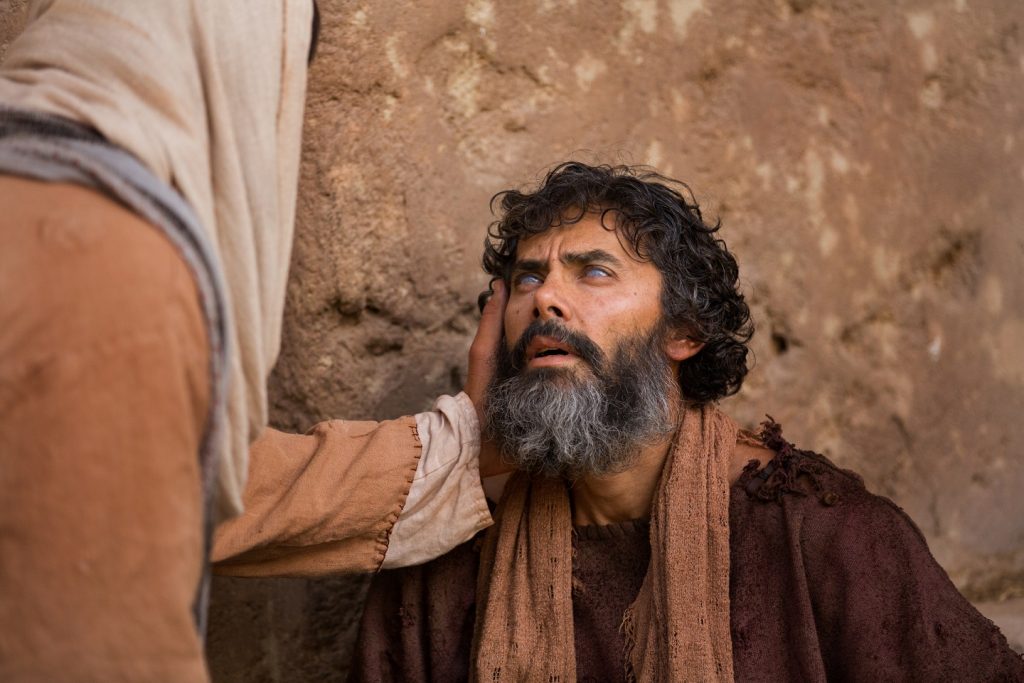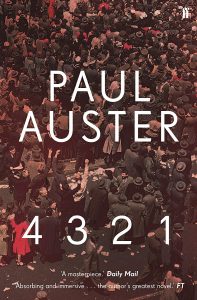https://www.youtube.com/watch?v=oXAWMd-h96k
At some time in the past I have read this little meditation by CS Lewis, probably after reading Kevin Vanhoozer’s meditation on CS Lewis’ meditation (“Meditation in a Postmodern Toolshed”). But having happened upon this fascinating exercise in ‘doodling’ Lewis, I decided to read it again.
The short piece is an argument made almost seventy-five years ago, against the conceit of critical modes of thought as inherently superior to other forms of knowledge. Lewis does not reject criticism, but nor does he allow it to claim its self-appointed role as the arbiter of genuine knowledge. The argument is made using a simple and homely illustration:
I was standing today in a dark toolshed. The sun was shining outside and through the crack at the top of the door there came a sunbeam. From where I stood that beam of light, with the specks of dust floating in it, was the most striking thing in the place. Everything else was almost pitch-black. I was seeing the beam, not seeing things by it.
Then I moved, so that the beam fell on my eyes. Instantly the whole previous picture vanished. I saw no toolshed, and (above all) no beam. Instead I saw, framed in the irregular cranny at the top of the door, green leaves moving on the branches of a tree outside and beyond that, ninety-odd million miles away, the sun. Looking along the beam, and looking at the beam are very different experiences (607).
Lewis reflects on the nature of subjective experiential knowledge and objective observational knowledge. Both forms of knowledge may be legitimate; both have their place. “You get one experience of a thing when you look along it and another when you look at it. Which is the ‘true’ or ‘valid’ experience?” (608)
The answer to that question cannot be given in advance. Sometimes both the subjective and the objective are required to mutually inform each other. Some things, however, can only be properly assessed from the ‘inside,’ as a participant. “We must take each case on its merits. But we must start with no prejudice for or against either kind of looking” (610). Nonetheless, in Lewis’ estimation, the prejudice against subjectivity must end!
Things have changed markedly in the years since Lewis penned his little reflection for a local newspaper. On the one hand the ‘modern,’ objective critical mindset that Lewis was critiquing has developed into a range of postmodern forms of criticism that sometimes devolve into a kind of elitist ‘critiquiness.’ And the same postmodern ethos champions subjectivity to such a degree that were Lewis writing today, he may well switch his argument to affirm the need for some objective analysis!
Lewis raises important questions for the student studying scripture and theology. Does one gain a better or truer understanding of the ‘subject matter’ of Christian faith (i.e. Jesus Christ; God; etc.) as a participant on the inside, or as an observer on the outside? Or are both perspectives and both approaches necessary? Can one, however, gain a true understanding of the ‘subject matter’ of Christian faith merely from the outside as an objective observer? That is, is a purely critical orientation sufficient?
For much of the Christian tradition the answer has been No. Faith seeking understanding presupposes faith as the beginning point of theological enquiry. That is, theological enquiry is initially (and inherently?) an activity of those on the inside. To banish faith from the classroom in the name of scholarly objectivity is to misunderstand and to hamstring the nature of the inquiry. But once faith is allowed and acknowledged as primary in the epistemological and hermeneutical enterprise, it seeks understanding, engaging the critical faculties in the service of faith.
This holds also for biblical studies. An approach that looks merely at the beam will miss the most fundamental details of the passages being studied. Looking at the beam is useful and instructive, orienting the reader to context, history, and worldview. Looking along the beam engages one as a participant in a wider and broader movement, in which the person studying the text is not simply an objective reader, aloof and at an arm’s length from the world of the text, but, together with the biblical author, is caught up to become an inhabitant of that world—the ‘new world in the Bible’ (Barth). This is the world of God, of God’s work, God’s grace, God’s command, and God’s kingdom.
I hope you enjoy the video, and the talent of the doodler. And I hope that CS Lewis’ little meditation might spark a little meditation of your own.
“Meditation in a Toolshed.”
Originally published in The Coventry Evening Telegraph on July 17, 1945, Lewis’ short meditation has been reprinted a number of times including in my copy of
Lewis, Essay Collection and Other Short Pieces.
Lesley Walmsley ed. (London: HarperCollins, 2000), 607-610.







